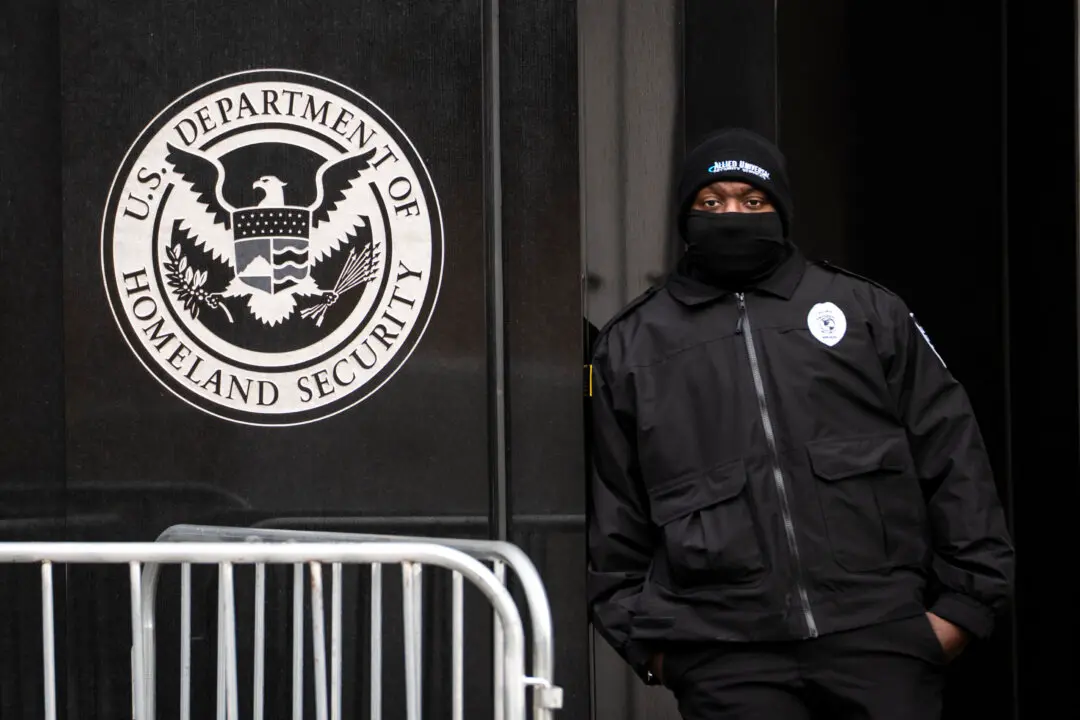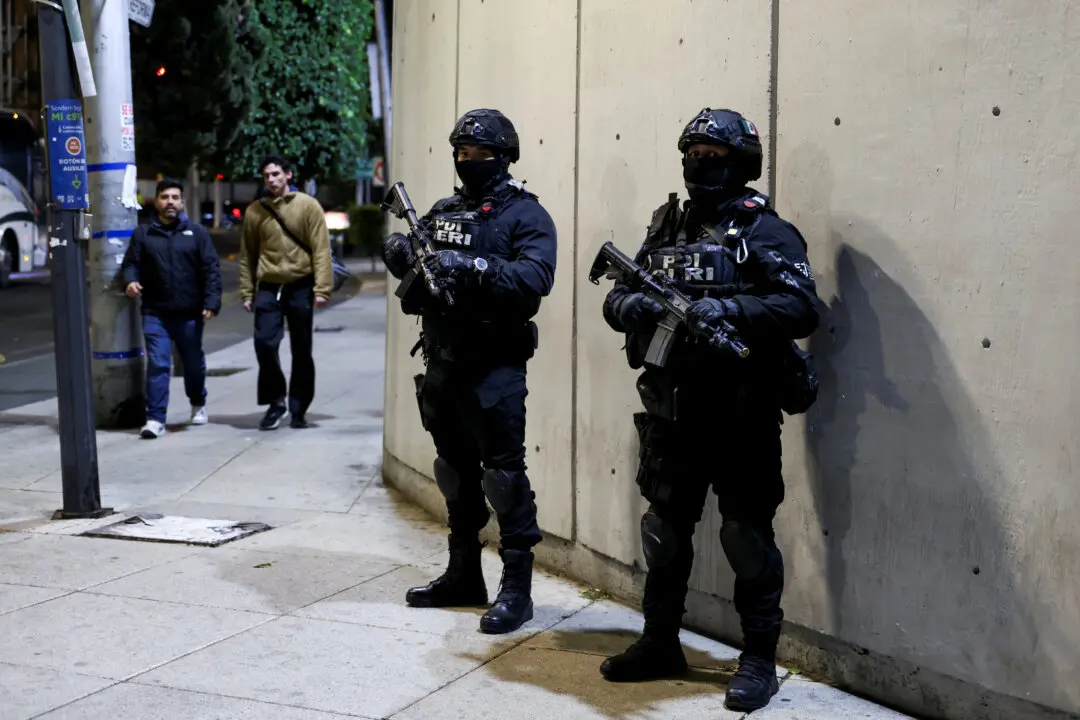A New Mexico judge on June 28 denied actor Alec Baldwin’s request to dismiss an involuntary manslaughter charge against him relating to the 2021 fatal shooting of a cinematographer on the set of his film “Rust.”
Previously, Mr. Baldwin’s lawyers requested that the court dismiss the charge, arguing that the firearm involved in the shooting death of cinematographer Halyna Hutchins was damaged during FBI forensic testing before defense attorneys could examine it.





